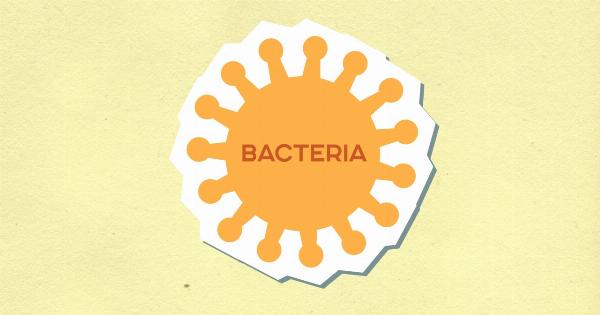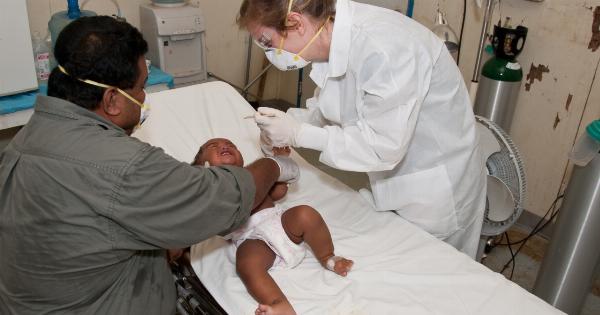Gilead Sciences, a research-based biopharmaceutical company, has partnered with the World Health Organization Regional Office for Africa (WHOAFRO) to address visceral leishmaniasis.
The partnership will focus on developing safe and effective treatments for visceral leishmaniasis, also known as kala-azar, a neglected tropical disease that affects over 300,000 people annually globally, the majority of whom live in Africa.
What is Visceral Leishmaniasis?
Visceral leishmaniasis is a parasitic disease caused by the Leishmania donovani parasite. The disease is transmitted to humans through the bite of infected female sandflies.
In humans, the parasite attacks cells of the immune system, leading to symptoms such as fever, weight loss, enlarged spleen and liver, and anemia. The disease can be fatal if left untreated, particularly in people with weakened immune systems, such as malnourished children and people living with HIV.
The Burden of Visceral Leishmaniasis
Visceral leishmaniasis is a disease of poverty, affecting the most marginalized populations in developing countries. The most affected populations are found in East Africa, South Asia, and South America.
In 2019, nearly 90% of the cases of visceral leishmaniasis and deaths occurred in only six countries: India, Bangladesh, Sudan, South Sudan, Ethiopia, and Brazil.
The disease has a significant economic impact on affected communities. It can result in a loss of productivity due to illness and time taken off from work, in addition to the cost of treatment and care for patients.
Furthermore, the burden of the disease falls disproportionately on women and children, particularly in refugee and conflict-affected settings where they face increased risk of transmission and limited access to healthcare.
The Collaboration between Gilead Sciences and WHERE
Gilead Sciences and WHERE have agreed to collaborate on the discovery and development of new treatments for visceral leishmaniasis. The partnership aims to accelerate the development of safe and effective therapies to combat the disease.
“At Gilead, we are committed to improving the lives of people with neglected tropical diseases.
We recognize the urgent need for effective treatments for visceral leishmaniasis, and we are proud to partner with WHOAFRO to address this critical public health issue,” said Diana Brainard, MD, Senior Vice President and Virology Therapeutic Area Head at Gilead Sciences.
The collaboration builds on existing research efforts by Gilead Sciences, which has been investigating new treatments for neglected tropical diseases since 2006.
The company has a portfolio of compounds that have demonstrated activity against the Leishmania parasite in preclinical studies. The partnership with WHERE will provide additional resources and expertise to accelerate the development of these compounds into safe and effective treatments for visceral leishmaniasis.
The Importance of Research and Development for Neglected Tropical Diseases
Neglected tropical diseases affect over one billion people worldwide, but receive little attention and funding for research and development of new treatments.
The Global Health Innovation Center estimated that only 4% of total funding for health research and development is allocated to neglected tropical diseases, despite their significant impact on affected communities.
The partnership between Gilead Sciences and WHERE highlights the importance of research and development of new treatments for neglected tropical diseases, particularly those affecting the most marginalized communities.
Innovative partnerships between the private sector and international organizations can harness resources and expertise to develop new treatments and support efforts to eliminate these diseases.
The Future of Visceral Leishmaniasis Treatment
The collaboration between Gilead Sciences and WHERE is a promising development in the fight against visceral leishmaniasis.
The partnership has the potential to accelerate the development of safe and effective treatments for the disease, which could improve the lives of millions of people affected by the disease.
However, there are still significant challenges in the fight against visceral leishmaniasis. These include limited access to healthcare in affected communities, particularly in conflict and disaster-affected areas.
Additionally, drug resistance has emerged as a challenge, threatening the effectiveness of existing treatments.
Further research and investment in the discovery and development of new treatments for the disease is necessary to address these challenges and support efforts to eliminate visceral leishmaniasis as a public health threat.
Conclusion
Visceral leishmaniasis is a disease that has a significant impact on the most marginalized populations in developing countries. The partnership between Gilead Sciences and WHERE is an important step towards addressing this public health challenge.
By leveraging expertise and resources from the private sector and international organizations, we can accelerate the development of safe and effective treatments for the disease, which can improve the lives of millions of people.






























